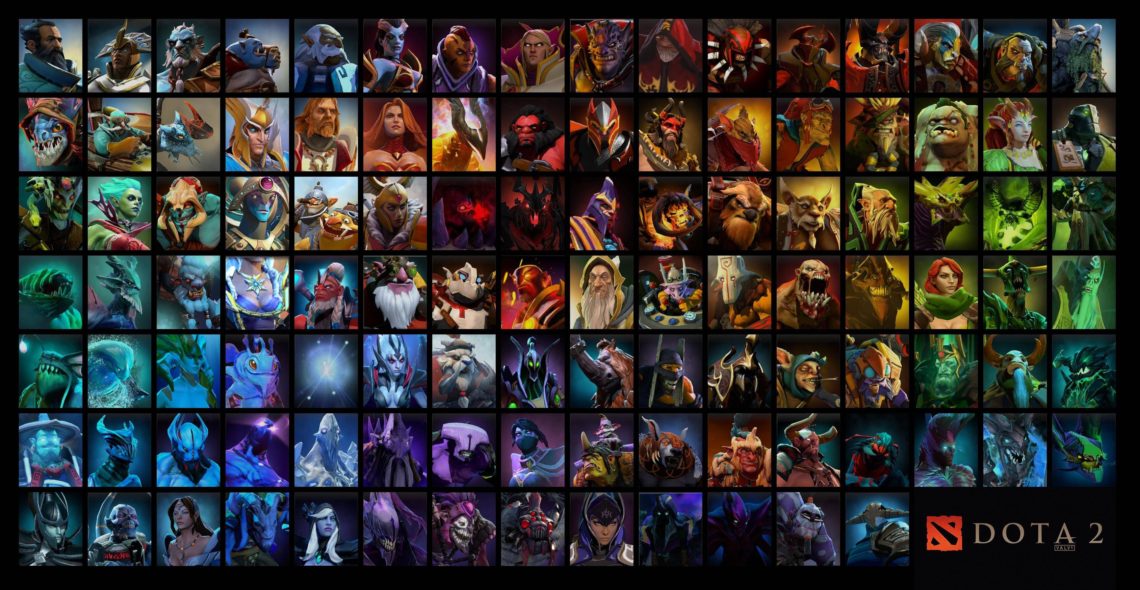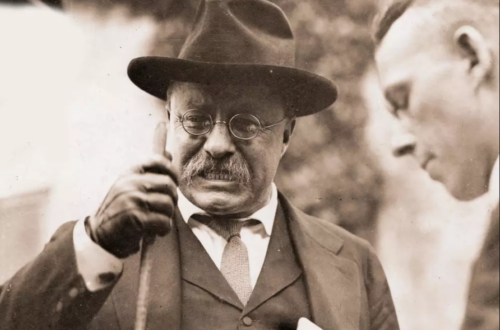Dota 2 is short for “Defense of the Ancients 2” although don’t tell Valve, its owners that, since it’s been the subject of various lawsuits between them and Blizzard. The reason for this struggle is that neither of these companies actually created the game of DOTA, it was a fan created modification or Mod for early 3D real time strategy game Warcraft 3. It has grown to become one of the worlds largest eSports and generated millions of dollars (hundreds of millions?) for Valve who hired one of the community creator / game designers of the game IceFrog and transformed it from a free community mod to a free to play massive corporate product. The fact that the game arose in this amorphous way to become so huge is interesting in and of itself, representing a kind of organic, evolutionary community driven form of game design which probably has more in common with the evolution of other great competitive games like Chess and Go.
I have played Dota 2 for about five years and logged, as of this writing more than 2000 hours in the game. Only another 8000 to reach the Gladwell-popularized expert level! I don’t play consistently, sometimes taking months off. I recently picked the game up again and am thinking a bit about what it is about why it’s held enduring interest for me.
One factor that’s important for me with games is learning new things and having new experiences. I tend to play games for the first few hours and then once I feel I’ve learned what the game is like, I move on. I don’t tend to spend a lot of time applying the skills the game has taught me, preferring to move to learning something new. This may in fact be a negative pattern to me, representing a kind of dilettantism, but in games I don’t see it as a problem. Generally what this represents is a kind of scooping off the cream of the learning process, that early, high reward, fun part of the learning curve. In more serious learning pursuits this hopping around is problematic, but when it comes to playing games for pleasure I don’t see it that way.
Dota 2 has somehow managed to defy this pattern. There are a number of reasons for this in my opinion. First is the terrific combinatorial complexity of the game. Each match is made up of two teams of five people, all of whom are real humans playing over a network. Each person chooses one of the 115 heroes in the game to play with. Each hero has four special abilities which can affect the game in unique ways. So in every game it’s incredibly likely that you’ll have a unique combination of human players with a unique permutation of heroes and abilities to deploy. Each player has to learn how to control and maximize the powers of their chosen hero, but also understand what the other heroes on the board are capable of so that they can play intelligently and anticipate their opponents moves. The body of knowledge to learn is absolutely massive, and for someone like me, therein lies the appeal.
The other interesting fact is Valve’s matchmaking algorithm. The game tries to keep you evenly matched against all the other players, ranking players by skill and experience and randomly building teams and matches. The algorithm tries to keep you at a win/loss rate of 50/50. This means that you should lose about half your games. A game of Dota takes 45 minutes to an hour, so it’s a big commitment. This is probably weirdly also part of it’s appeal, since you are risking something real, an hour of your time. Importantly you are not allowed to concede or quit the game without being penalized. Because the game is about momentum and feedback loops, if you or your team fall significantly behind it can be hard to recover, and so losing games can be painful. This risk factor however means that winning feels great when it happens. So there’s a kind of high-highs and low-lows dynamic at play which makes the game emotionally spicy.
The fact that the game is played against other humans at a similar skill level means that you are almost always in a state of high alertness and focus. For me Dota is one of the ways to consistently and directly access that focused and alert awareness that people describe as a flow state or being in the zone. The fact that the game consumes a lot of time and mental energy to play means that I need to periodically takes breaks, since my life doesn’t always have time for this kind of demanding hobby. But the fact that I keep coming back tells me that there is something valuable happening for me here, even if I don’t fully understand it.





